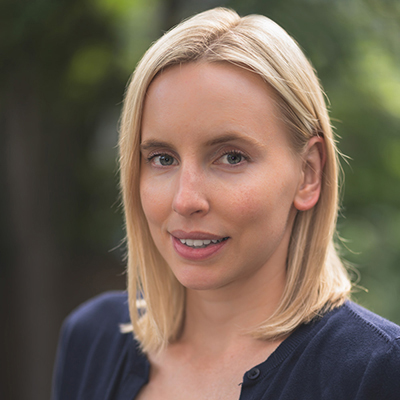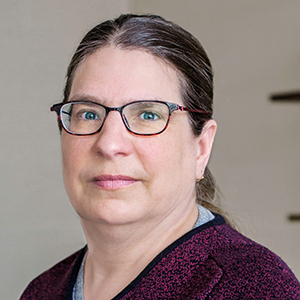
By Elaine Smith
The Open Educational Resources mini-course provides instructors with the necessary background knowledge and skills to engage with innovative, open pedagogical tools.

As busy as York University instructors are, it’s worth carving out the time for a new four-week mini-course as it provides the necessary tools to create or incorporate OER into courses, says Stephanie Quail, scholarly communications librarian.
“OER can save you time,” said Quail. “There are OER repositories that include high-quality teaching and learning resources. Instructors can either use the materials as is, or depending on the open license, they can revise and remix the content.”
Quail and colleague, Sarah Coysh, director of the Libraries’ Digital Scholarship Infrastructure Department, developed the course in 2020 at the behest of the Academic Innovation Fund (AIF) steering committee. Any faculty member who receives an AIF grant is now encouraged to take the course and starting this fall, the course will be open to all instructors at York University.
OER are openly licensed, freely available educational materials that can be used, accessed, adapted and redistributed with no or limited restrictions. The online OER course, which will start in late November, will be offered by York University Libraries both synchronously and asynchronously. The four module mini-course covers a variety of valuable topics:
- OER 101: What is OER? Including examples of OER and how they benefit students and faculty.
- Copyright & Creative Commons licenses: An exploration of the range of open licenses available to creators and how to choose a licence that makes the most sense for their project.
- Finding and evaluating OER: How to find OER for your subject areas and evaluate them.
- Create or adapt pre-existing OER: Learn how to create your own OER or adapt those already online.
Quail says the course is designed to not be onerous, given the other demands on instructors’ time. Completing assignments is optional and assignments are structured to help faculty walk away from the course with a game plan for creating or using OER in their courses.

The York University Libraries website also has a resource available that explains the procedure for depositing your OER into YorkSpace, York’s own institutional repository. Lukas Arnason, assistant professor of French studies in the Faculty of Liberal Arts & Professional studies (LA&PS), took the OER training and said it was “the best professional training I’ve received at York. It was a cut above. I came out of it feeling that I had a handle on something that had been a complete mystery to me before. It was really empowering.
“I loved the way the course was organized. The separate modules were nicely self-contained and they built on one another.”
He was pleased to have the chance to work with H5P, a platform for building resources and something to which he hadn’t been exposed previously. “Rather than hand students a massive textbook, you can offer them a mix of resources and make lessons interactive,” Arnason said. “It’s especially useful for language professors, because you can build electronic components for practise and reinforcement outside the classroom.”
Sophie Bury, director of Learning Commons and Reference Services in the York University Libraries, took the training as part of a 2020 AIF grant to develop the Student Guide to Group Work.
“The excellent OER training program … formed the backbone behind this project and enabled us to take this guide to a new level by equipping our team with the skills needed to make this a true OER, featuring original content, the adaptation of existing OER, and best of all, by moving us beyond an initial conception of an exclusive focus on the York community, to ensure academic colleagues internationally can share or adapt this resource in line with the terms of our creative commons license,” Bury said.

Mary-Helen Armour, an associate professor who teaches planetary science courses in the Faculty of Science, has been using OER for years and finds them an invaluable tool. She learned by doing, working with colleagues in professional associations in workshops and at conferences to test them and adjust them to her needs.
“In recent years, eCampusOntario has started supporting the development of OER, but they don’t have a discipline-specific focus,” she said. “The OER I use are ways to give students a different experience beyond multiple choice tests in the areas I teach. The OER also allow you to use current scientific data in some fairly simple ways, so students feel connected with how scientists actually do things.
“For instance, I can try to tie assignments into recent satellite space missions to show students how scientists use the data, or to slides created by mission experts where we can talk about the mission’s impact. OER slide sets from groups like NASA are great for those of us who don’t have time to assemble slick graphics. They make for a much richer student experience.”
Register here for the upcoming OER course.
